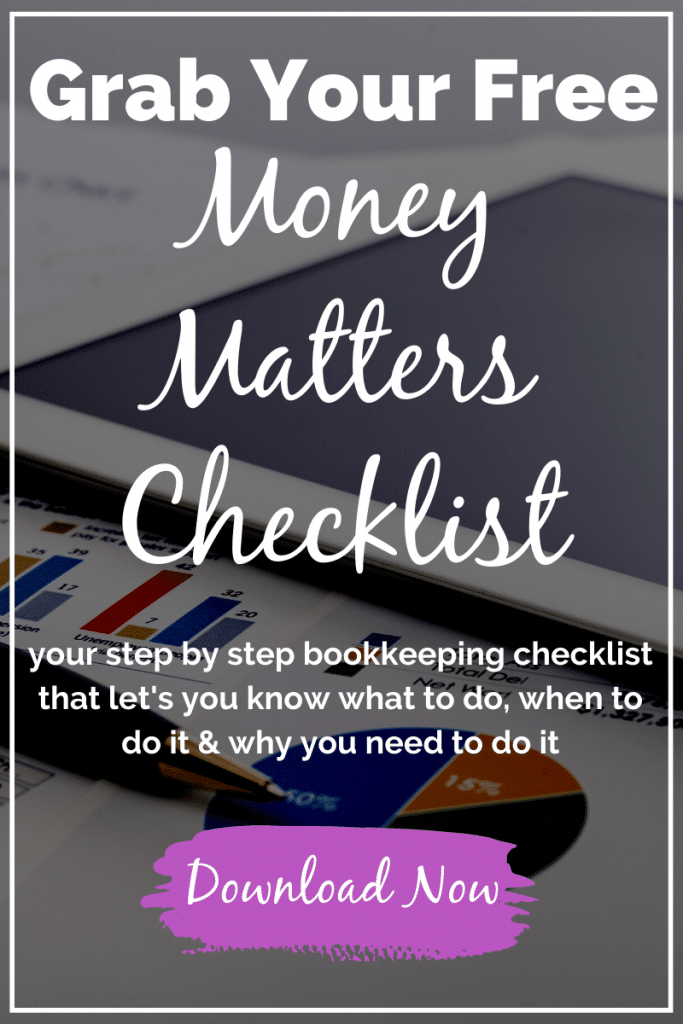by Joyce
Why should you outsource your accounting, bookkeeping and payroll functions? Simply, because it makes common sense (pun intended).
If you are a small business, this simple step could put you on a level playing field with companies two-three times your size…
In addition to this major benefit, an outsourcing partnership with a company like ours, Common Cents Outsourcing, is more effective and in the long run costs considerably less than doing it in-house. Here are some reasons why:
- Costs: Handling your own accounting/payroll may mean building and maintaining your own team of professionals. With that comes the necessary human, financial and technical capabilities needed to do the job(s) properly…all equal high fixed costs (salaries, benefits, office space, technology, etc). By partnering with an outsourcing firm, you pay only for the time needed to complete the services needed (making it variable costs) and you can typically add-on other services as needed (making it scalable).
- Removing Non-Core Activity: If you are running an accounting, bookkeeping or payroll service then creating an accounting team doesn’t present a problem for you. However, if this isn’t your core business, the real and intangible costs of creating and managing such a team or individual takes time and focus away from your core…money making…functions.
- Reduce People management Issues: Advertising/recruiting, interviewing, hiring, training and managing an in-house employee or team takes time and money. Outsourcing removes these issues and you don’t have to worry about staff turnover. Losing a trained team member can impact the effectiveness of your entire accounting function. By outsourcing, you won’t encounter this problem or incur the cost of retraining.
- Working With Specialist: For some small businesses (contractors, property management companies, grant funded non-profit organizations, etc), their industry requires some specialized compliance. Partnering with an outsourcing firm that caters to your industry is key. Since they may work exclusively with businesses like your own, they are aware of the constant changes in the tax code & accounting polices that apply to your specialized circumstances.
Good Luck!
Joyce
by Joyce
Having a good accountant/bookkeeper may not make or break your business’ success but with the current state of the US economy and the weakening US Dollar – it sure helps! A good accountant can have a HUGE impact on your bottom line…
Because they handle your money, choosing one is a big decision. Here are a few questions to ask the prospective accountant (or accounting firm).
- How many years has the accountant been in business? With the constant changes in the tax laws and accounting reporting requirements, someone with a minimum of 5 years experience is ideal since you want a business/firm that has been around and won’t go under on you.
- How many years of experience does the accountant have? Again, a minimum of 5 years is ideal…however, industry specific experience of 2-3 years is a good start.
- What industry are they proficient in? Depending on your industry, this question could be vital. You want an accountant/bookkeeper who knows the red flags for your industry as well as what to look for when reviewing your financial statements & taxes for errors.
- What is their response time and communication style? Response time should ideally be within 24-48 hours as a business courtesy; however, communication style is up to you. You should lean toward someone that communicates via similar media as you. For example, if you are proficient and comfortable with email/Instant Messenger communication, but your accountant is not…you may have an impasse regarding responsiveness. So keep media preference in mind.
- What is the size of the firm? This only matters in terms of services offered and requested and responsiveness. If you need quick turnaround for certain items, a 20+ person firm may not be for you. If you need 20 financial reviews done simultaneously, a 2 person firm may not be for you.
- What experience do they have with the software of YOUR choice (and accounting software in general)? Software experience is more important if you use either an abstract or complicated software package. Chances are if you use QuickBooks, Peachtree, or MYOB, your accountant/bookkeeper has had some exposure to it. Bottom line, you don’t want your new accountant learning to use the software of your choice on your dime… In my opinion, that really should be something they come to the table with.
- What are their levels/types of service? Most, not all, firms will have levels and/or types of services. After consultation, they will make recommendations to you regarding what they can offer you. It is ultimately your decision which services you use.
- What are the typical terms of their service agreement? Your prospective accountant should be able to outline for you the “typical” terms of the agreement such as acceptable methods of payment, due date, late fees/penalties, etc.
- Is it an open ended arrangement? In my opinion, the agreement should be open to the extent that either party may cancel the services upon notification. Acceptable methods of notification should be discussed.
- What is your comfort level/rapport with them? This isn’t necessarily a question to ask the prospect but rather something you should ask yourself prior to signing on the dotted line. You want to have a certain level of comfort with them, after all, they will be handling your business’ money & financial affairs… so if something just doesn’t feel right, don’t ignore it.
Having the answers to these questions is a good foundation for making this decision…If you need help or you have questions, please contact us. We’d be happy to help.
Joyce

